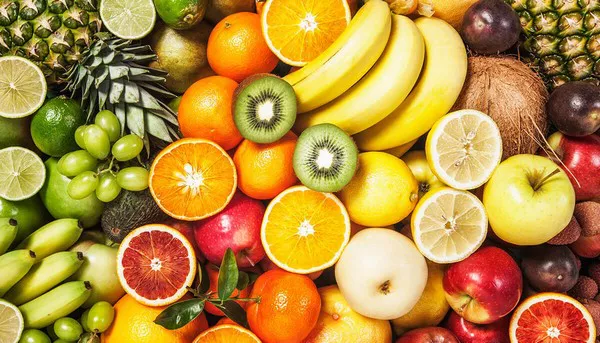Pregnancy is a time of special attention to dietary choices, ensuring the health and safety of both mother and baby. While fruits are generally a key component of a healthy diet, there are certain types that should be approached with caution or avoided altogether during pregnancy. The considerations range from potential risks of contamination to specific effects on pregnancy-related conditions. By understanding which fruits to avoid during this crucial period, expectant mothers can make informed decisions to support their well-being.
Safety Concerns and Risk Factors
One primary concern during pregnancy is the risk of foodborne illnesses that can be transmitted through certain fruits. Pregnant women are more susceptible to infections due to changes in their immune system. Some fruits, especially those with thin or porous skins, can be contaminated with bacteria such as Listeria, Salmonella, or E. coli. These pathogens can cause severe health issues for both the mother and the developing fetus.
For this reason, it’s essential to avoid consuming fruits that are more prone to contamination, especially if they are not thoroughly washed or peeled. Certain fruits like berries, which have many small crevices where bacteria can hide, should be carefully handled and ideally avoided if there is uncertainty about their source or hygiene.
High-Risk Fruits
1. Unwashed Berries: While berries are packed with essential nutrients and antioxidants, they are notoriously difficult to clean thoroughly. Strawberries, blueberries, raspberries, and blackberries should be avoided unless they are properly washed and sourced from a trusted supplier.
2. Pre-Cut or Peeled Fruits: Ready-to-eat fruits like pre-cut melons or fruit salads can pose a risk if not handled and stored properly. The process of cutting fruits increases the surface area exposed to potential contaminants. It’s advisable to prepare fresh fruits at home and consume them promptly.
3. Exotic or Unfamiliar Fruits: Some exotic fruits may carry unknown risks or have been exposed to unfamiliar growing and handling practices. Caution should be exercised with fruits that are not commonly consumed or are sourced from regions with less stringent food safety regulations.
Allergic Reactions and Sensitivities
Pregnancy can also lead to changes in a woman’s immune system, potentially increasing the likelihood of developing food allergies or sensitivities. While fruits are generally not common allergens, individuals can develop new sensitivities during pregnancy. It’s essential to monitor any adverse reactions to fruits and consult with a healthcare provider if there are concerns about allergies.
Impact on Gestational Diabetes
For pregnant women at risk of or diagnosed with gestational diabetes, managing sugar intake becomes crucial. Some fruits are higher in natural sugars and can lead to spikes in blood glucose levels. While fruits are an important source of vitamins and fiber, moderation is key for those managing gestational diabetes.
Fruits that are particularly high in natural sugars include bananas, grapes, mangoes, and cherries. These can still be enjoyed in moderation, but it’s important to monitor their consumption and pair them with other foods that can help stabilize blood sugar levels.
Fruits with Potential Hormonal Effects
Certain fruits contain compounds that may have hormonal effects, which can impact pregnancy. Pineapple, for example, contains bromelain, an enzyme that is believed to soften the cervix and potentially induce labor. While the bromelain content in fresh pineapple is generally considered safe in moderate amounts, consuming large quantities or using pineapple supplements should be avoided without medical supervision, especially during early pregnancy.
Precautions for Juices and Extracts
While fruit juices and extracts can be a convenient way to consume nutrients, they can also concentrate sugars and lack the fiber found in whole fruits. Commercially produced fruit juices may contain added sugars and preservatives, making them less desirable during pregnancy. It’s preferable to consume whole fruits to benefit from their fiber content and to avoid unnecessary sugar intake.
Conclusion
Pregnancy is a unique period that demands careful consideration of dietary choices, including the selection of fruits. While most fruits are safe and beneficial for pregnant women, there are specific types that should be approached with caution or avoided altogether due to safety concerns or potential impacts on pregnancy-related conditions. Consulting with a healthcare provider for personalized advice and monitoring any adverse reactions can help ensure a healthy and balanced diet during pregnancy. By making informed choices about fruit consumption, expectant mothers can optimize their nutrition and support the well-being of themselves and their developing babies.
Related Topics:


























